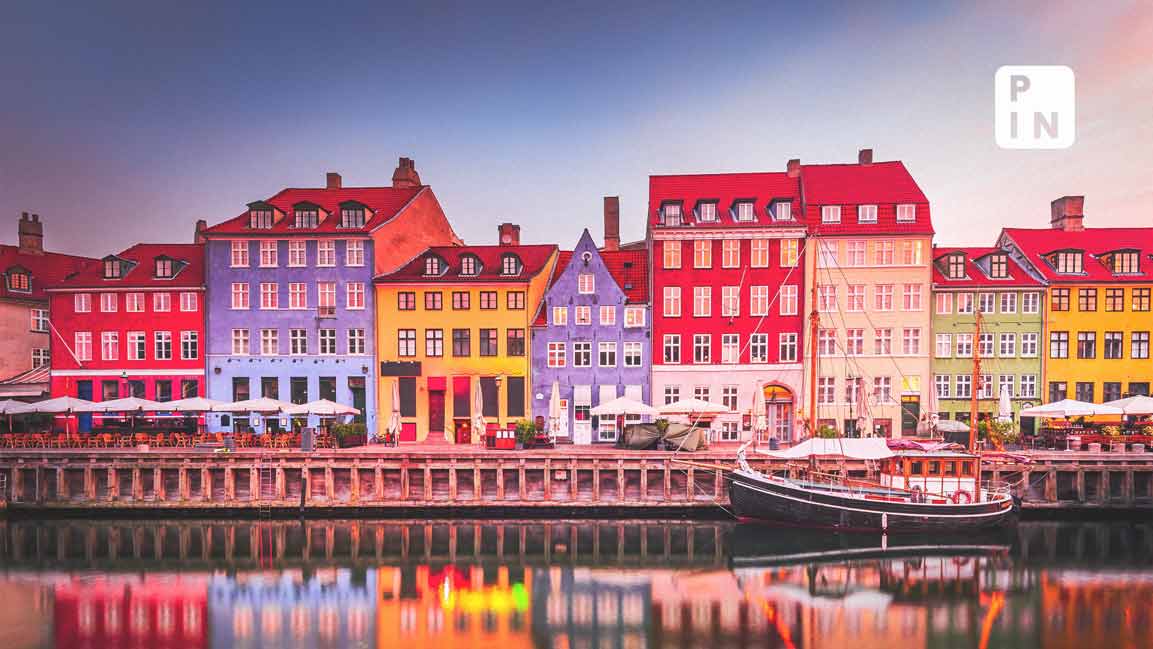- | 7:22 pm
Air pollution bigger risk than alcohol, unsafe water
Particulate pollution from cars, factories, and wildfires is as harmful as smoking, says University of Chicago study

Air pollution poses a greater external risk to human health than alcohol, unsafe water and even accidents, new research showed.
The study by the University of Chicago’s Energy Policy Institute said that air pollution from cars, factories, and wildfires is as harmful as smoking.
The pollution challenge worldwide is, however, vastly unequal with the danger particularly acute in South Asia, the study said.
“Three-quarters of air pollution’s impact on global life expectancy occurs in just six countries: Bangladesh, India, Pakistan, China, Nigeria and Indonesia, where people lose one to more than six years off their lives because of the air they breathe,” says Michael Greenstone, the Milton Friedman distinguished service professor in economics and creator of the annual Air Quality Life Index (AQLI) report produced by EPIC.
Though the challenge to reduce air pollution may seem daunting, China has had remarkable success, reducing pollution by 42.3% since 2013, the year before the country began a “war against pollution,” the study said.
The scale of decline in air pollution levels in China between 2013 and 2021, if sustained, could extend the average Chinese citizen’s life by a little more than two years, the study added.
Currently, nearly 25,000 emissions-monitoring devices in plants provide real-time emission data, thwarting data manipulation. Air quality also factors into evaluating local officials.
India initiated the National Clean Air Program in 2019 with the aim to improve air quality across 131 cities, but managed to add just 80 manual air-quality monitoring stations in the subsequent three years, data by independent research body Centre for Research on Energy and Clean Air showed.
The current count of nearly 900 stations falls short of India’s target of 1,500 to achieve a minimum 20% air pollution reduction by 2024.
With an annual average particulate pollution level of 126.5 micrograms per cubic meter, Delhi was designated as the ‘most polluted megacity in the world,’ far exceeding the World Health Organization’s (WHO’s) guideline of 10 micrograms per cubic meter.
Permanently reducing fine particulate matter pollution to align with the WHO guidelines would extend an average person’s life expectancy by 2.3 years, culminating in a total of 17.8 billion life years saved globally, the study said. In comparison, tobacco use diminishes global life expectancy by 2.2 years, while child and maternal malnutrition reduce it by 1.6 years.
While underscoring the stark disparity between the severity of air pollution and the resources directed towards its resolution, Christa Hasenkopf, director of air quality programs at EPIC, said: “There is a profound disconnect with where air pollution is the worst and where we, collectively and globally, are deploying resources to fix the problem.”













